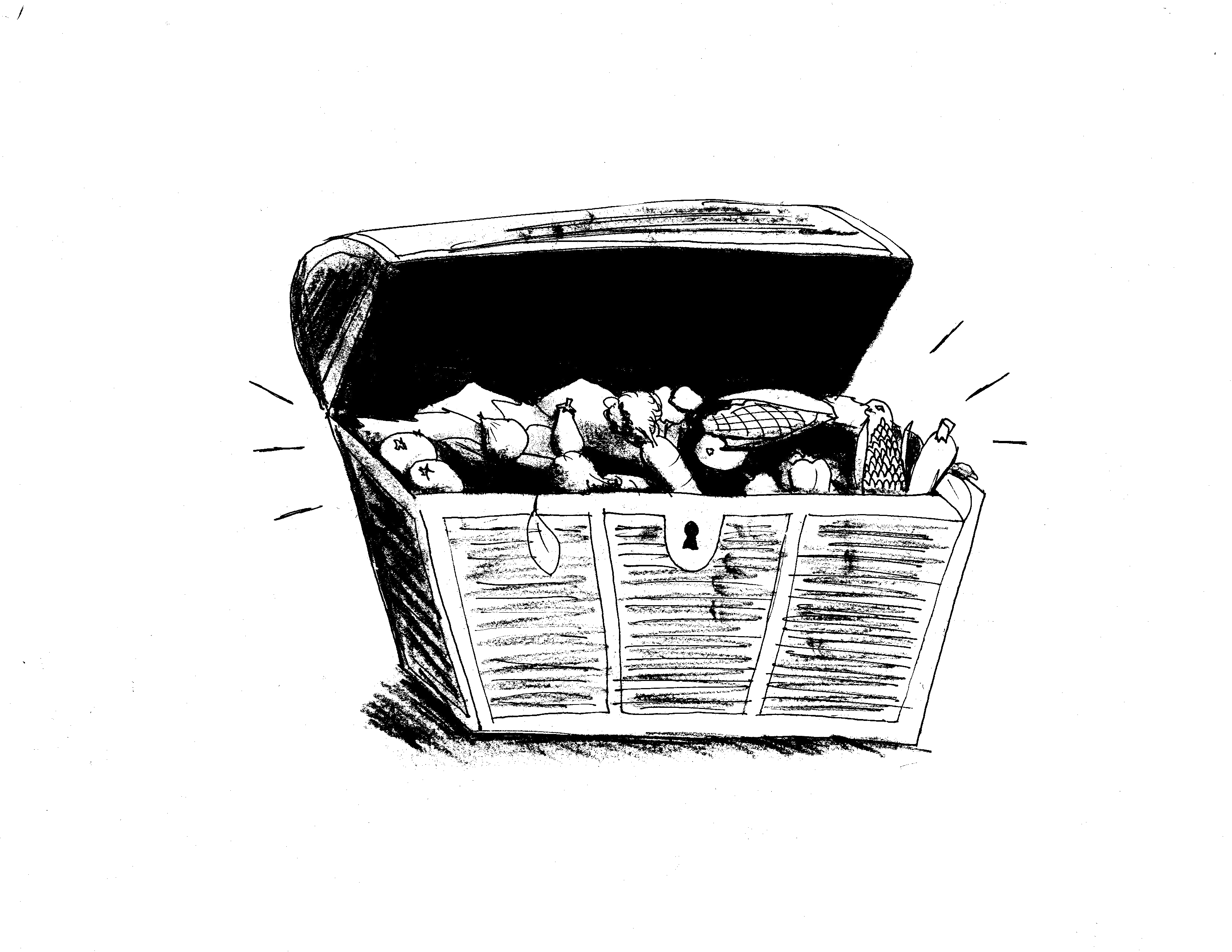
It happens every year like clockwork. Mid-September rolls around, and my Instagram feed becomes clogged with buckets of Honeycrisp apples and hay bales. Yale students flaunt their flannels and Bean boots in front of a bucolic backdrop of rolling green hills, lush fields and maybe a few cows. Cider abounds.
 The leaves start to change and the cable-knit sweaters unfold and all of a sudden an email from the Yale College Council events director comes careening into my inbox. “Sign up for Farm Tours!” she beckons, offering up around 90 spots to attend a “lavish outdoor breakfast” and to “visit some of Connecticut’s most beautiful farms.” The farm tours, a joint effort of the YCC and Yale Dining, facilitate exploring the Nutmeg State beyond Yale’s walls by picking berries and getting the best ’gram, no filter.
The leaves start to change and the cable-knit sweaters unfold and all of a sudden an email from the Yale College Council events director comes careening into my inbox. “Sign up for Farm Tours!” she beckons, offering up around 90 spots to attend a “lavish outdoor breakfast” and to “visit some of Connecticut’s most beautiful farms.” The farm tours, a joint effort of the YCC and Yale Dining, facilitate exploring the Nutmeg State beyond Yale’s walls by picking berries and getting the best ’gram, no filter.
I call this sensuous conception of farming “farm fetishization.” Farm fetishization entices us to get our “hands in the soil,” if only for a minute, and reap the benefits of a beautiful farm without too much thought.
These Yale-wide farm tours are by no means the only instance of farm fetishization we all too frequently encounter. Open the pages of any fashion magazine, and you’re bound to come across photos of someone’s farm wedding. Television commercials routinely romanticize idyllic farm scenes to convey an air of authenticity. Snapchat recently aired a “Farm Life” story alongside its fascinating music festival coverage. Even Williams-Sonoma, that suburban mall fixture of kitchen wares, has a section on their website dedicated to all things “agrarian.”
These sights and cues can delight anyone’s senses. Especially for urbanites who lack any obvious connection to farming such as me, the mythology surrounding the small farm serves as a source of comfort. One might walk away from a farm tour thinking that everything in the food system is hunky-dory.
The problem is that the food system is anything but.
Contrary to the small farm that exists in our minds, the U.S. Department of Agriculture tells us that the total number of farms is decreasing, while the average farm size is increasing. Thus, our picturesque notions of small farms do not reflect reality. And for all our fascination with “organic” and “sustainable” agriculture, only a fraction of a percent of all agricultural land area in the U.S. is organically certified.
What’s worse is that some major agribusinesses are taking advantage of this ignorance. In many states, they’ve lobbied for “ag-gag” laws — laws that make it illegal to blow the whistle on agricultural operations, usually factory-style pig farming that are behaving badly. Six states have passed such legislation, which usually incriminate people who try to expose unsanitary conditions or cases of animal abuse.
This lack of transparency institutionalizes the myth we’ve created around “the farm.” It actively prevents us from investigating how some farms actually operate, limiting our exposure to a few cushy farm tours.
Sure, there are certainly benefits of farm tours that can’t be overlooked. Spending time on farms can serve as a meaningful experience that informs and engages participants in a way that sheds light on system-wide issues and sparks in-depth conversations. If a trip to a farm is what gets a Yale student out of bed at 8 a.m. on a Saturday, then it can serve as a springboard to broader discussions about the way the food system works — or doesn’t. Farm trips are a fun indulgence, but are more meaningful when they encourage awareness about the agricultural sector as a whole.
Farm tours could be more informative without sacrificing their entertainment value. I understand that the larger purpose of a farm tour isn’t to also stage a teach-in about everything that’s wrong with our food system. But failure to understand the bigger picture can justify complacency.
Just because farm tours are good study breaks doesn’t mean they cannot be critically engaging. Enjoy your apple picking. Don’t cherry pick.
Austin Bryniarski is a senior in Calhoun College. His columns run on Fridays. Contact him at austin.bryniarski@yale.edu .







